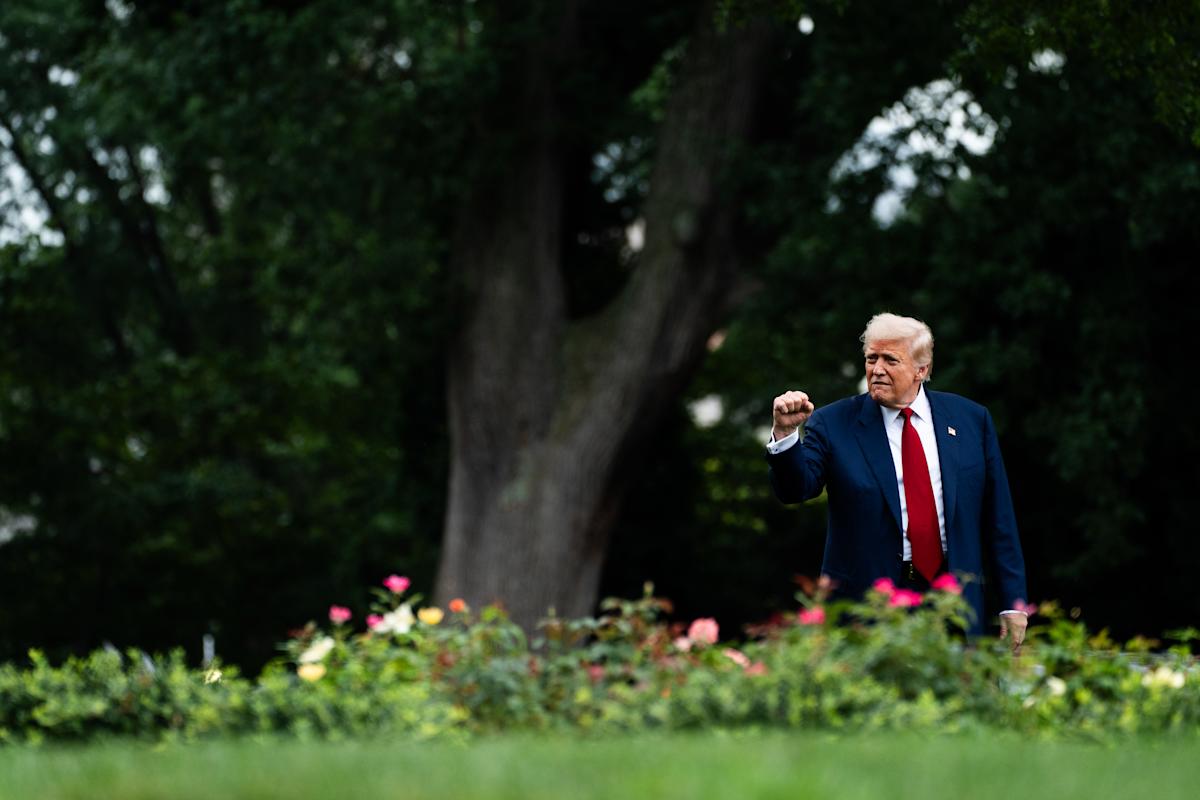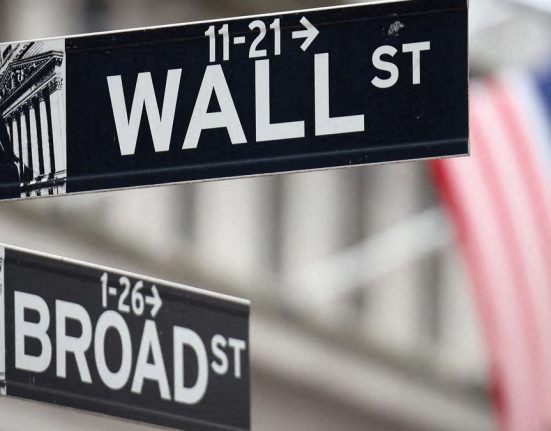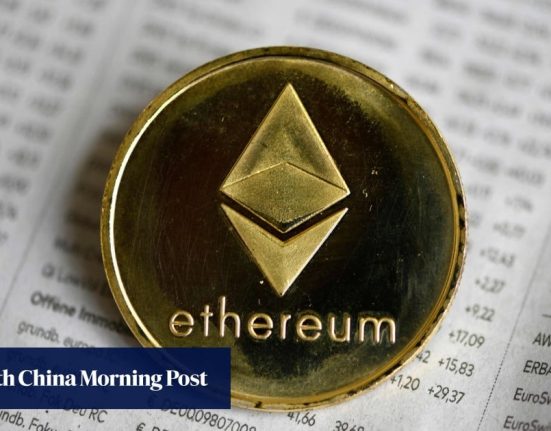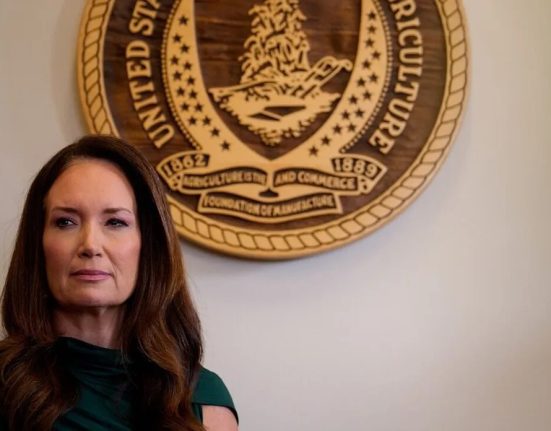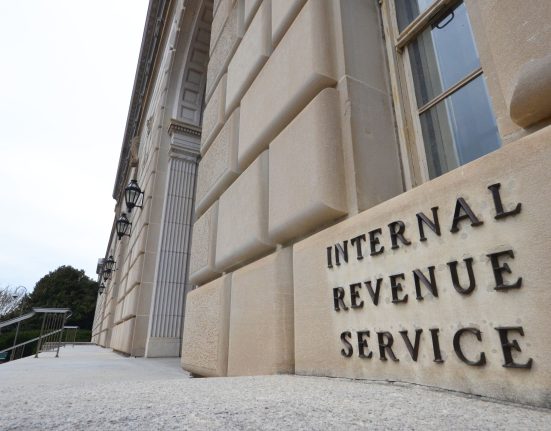For months, the U.S. economy appeared to be weathering the disruptive effects of President Donald Trump’s trade and immigration policies.
But over the course of 72 hours, that sunny outlook darkened, as the latest government data this week showed the president’s revolutionary remaking of the world’s largest economy had hit a snag.
Friday’s disappointing jobs report revealed a labor market that is much weaker than either the White House or Federal Reserve understood. Inflation, the voter irritant that helped return Trump to the Oval Office, is proving newly stubborn. And consumers are growing more cautious with their spending.
After campaigning on a pledge to free business from worrying about Washington’s dictates, Trump has made public policy – and his own norm-busting behavior – the primary variables affecting the $30 trillion U.S. economy, economists said.
It all adds up to an economy that grew at an annual rate of 1.2 percent over the first half of the year, a notable downshift from its 2.4 percent pace at the end of 2024. The S&P 500 index, which has been on a tear since mid-April, reacted by shedding 2.5 percent of its value this week.
“We’re seeing dramatic changes in policy across multiple dimensions. Trump inherited an economy that was in very good shape, that was in balance. He is trying to move it to a different equilibrium. And the corporate sector and everyone else are in the process of adjusting,” said Eric Winograd, senior vice president of AllianceBernstein in New York.
That adjustment grew even tougher on Friday, when the president ordered the head of the Bureau of Labor Statistics fired over claims that she had tampered with employment figures to hurt him politically, without presenting evidence.
Even as the costs of his policies became more apparent, the action ignited worries that Trump’s volatile temperament could cause additional economic harm by undermining market confidence in the government data that investors, business executives and policymakers require to make decisions.
Firing a nonpartisan analyst for delivering bad news was “straight out of an autocratic playbook,” said Heidi Shierholz, former chief economist of the Labor Department and now the president of the Economic Policy Institute, a left-of-center think tank.
“If policymakers and the public can’t trust the data – or suspect the data are being manipulated – confidence collapses and reasonable economic decision-making becomes impossible. It’s like trying to drive a car blindfolded,” she said.

